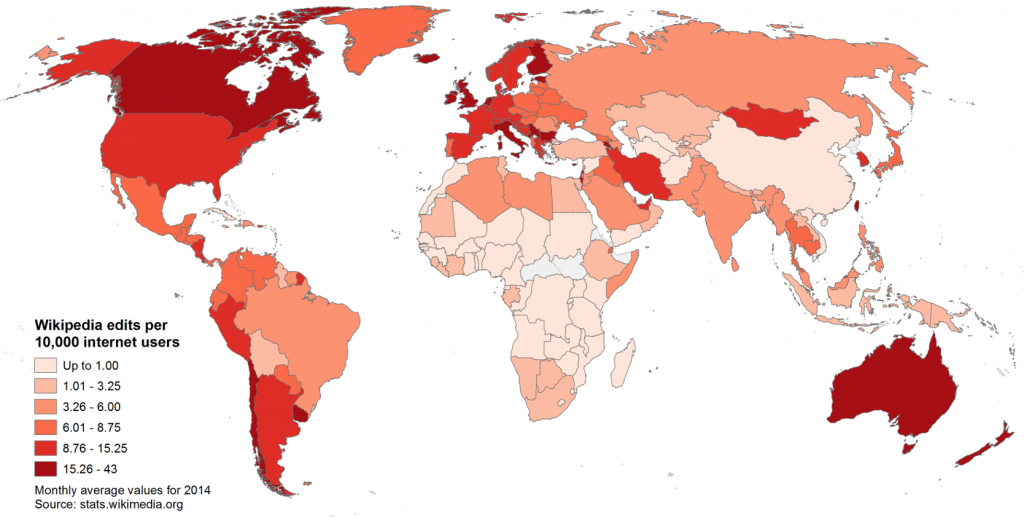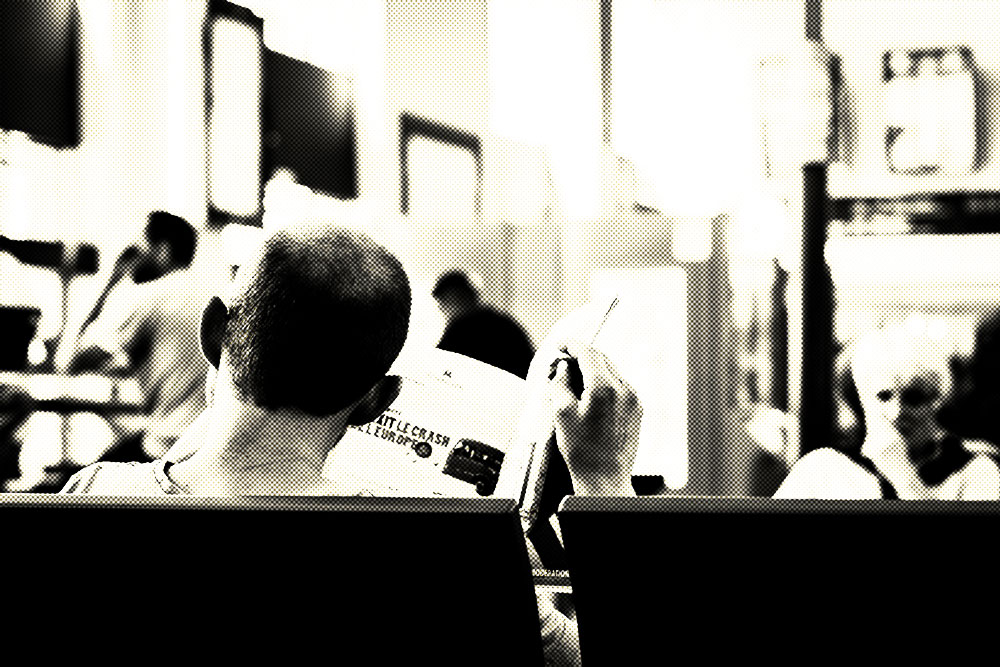In a digital world packed with fake news and fact checkers, is there a need for another one?
Before continuing any further, four reference points are worth noting.
- 83% of 26,000 people that took part in a European-wide Eurobarometer survey last year view ‘fake news is a danger to democracy’. A further 37% of survey respondents encounter fake news every day or almost every day, and 31% said that this happens at least once a week.
- By the time President Donald J. Trump visited Ireland last month, he had racked up over 10,000 false or misleading claims since taking public office in January 2017, according to the Washington Post Fact Checker. As the world’s most powerful CEO with the resources of the most powerful country on the planet at his fingertips, President Trumps influence is global.
- Is Wikipedia really a ‘global commons’? How information is produced and where it comes from are ‘neutral’, nor equal. Take the research produced by the Oxford Internet Institute in 2016 as the case in point:

4. An update on media freedom from CIVICUS in its State of Civil Society Report 2018, from the global alliance of civil society organisations:
“Alongside attacks, a growing means through which states undermine media freedom is the politicised distribution of advertising. Public advertising is a key source of media revenue in many global south states. By channelling advertising spending to favourable media and withdrawing it from independent outlets, tactics observed in countries including Pakistan and Paraguay, governments are shaping the media landscape and harming media pluralism. At the same time, public media in numerous countries are seeing their independence challenged by state and political interests. Meanwhile serious journalists and reputable media outlets are increasingly vilified as producing ‘fake news’ and several states have rushed to boost their censorship powers by passing or proposing new laws against ‘fake news’.”
The acceleration in the production of disinformation (deliberately false or misleading information), the spread of misinformation (onward sharing, not the producer of the original piece of information) and the disrupting hostility to media freedoms is unprecedented, dand a reality which educators cannot ignore or avoid.
Whether in Silicon Valley, Melbourne, Moscow, London or Dublin, we have a problem.
Teaching tools have been produced in recent years to support digital literacy (such as WorldWise Global Schools’ Junior Cycle Digital Media Literacy resource) and to fight fake news through human rights education, (such as the National Youth Council’s Outside In – Transforming Hate in Youth Settings project, #BeyondTheClick toolkit by 80:20 Educating and Acting for a Better World and the No Hate Speech Movement’s We CAN! Campaign). Yet the threats to education and democratic spaces posed by fake news and its spread through social media platforms are daily realities.
Statements and claims made by companies, influencers and decision makers in global human development and human rights issues need closer inspection now more than ever.
With that in mind, the What The Fact? project seeks to sort facts from fiction on key global development, human rights and justice issues. The project aims to:
- Produce fact-check materials as part of an active approach to seeking notable statements, issues, hoaxes and myths that are of interest to anyone working in development education, global citizenship education and human rights education.
- Share fact-check materials that are published in African, Latin American and Asian contexts in order by way of building broader understanding and literacy from fact-checking work already underway from voices and perspectives that we do not typically have ready access to in Ireland.
- Aspire towards the principles of the International Fact Checking Network, as the team involved in this project believe transparent fact checking is a powerful instrument of accountability. The principles include a commitment to: non-partisanship and fairness, transparency of sources, transparency of funding & organisation, transparency of methodology and a commitment to open and honest corrections.
- Involve education and online learning communities (development education, human rights education and associated networks, for example) in suggesting items for checking / exploring to the team.
- Initiate periodic review or analysis on fact checking processes around key topics and on what sources are reliable and generally ‘trustworthy’ (i.e. in relation to poverty, inequality, women’s rights, hunger etc.). It would also involve us in bringing to people’s attention the options and measurement issues we face from a justice perspective (e.g. critiques of the agenda for Sustainable Development Goals).
We’re also launching the #whatDEfact hashtag on social media so keep in touch, join the conversation and or suggest items to fact check on Twitter @DevEdIreland and Facebook @DevEdIreland
Working group
A working group was involved in developing and setting up the project bringing together people active in education, humanitarian work, journalism, development and community work, including: Lorna Costelloe (No Hate Speech Youth ambassador and Red Cross Ireland youth), Adèle Floquent (ENAR Ireland), Elena Morea (researcher focussing on migration, anti-racism, and community activism, and yoga teacher), Eugenia Siapera (School of Information and Communication Studies), Farahat Ghalya (TCD News editor and politics and sociology graduate) and Aiste Slajute (No Hate Speech Movement Ireland Co-ordinator and Kilkenny Eurobug Youths Co-ordinator).
_____________
developmenteducation.ie’s What The Fact? supports the code of principles of the International Fact Checking Network. We check claims by influencers, from local to national to transnational that relate to human rights and international human development.
Transparent fact checking is a powerful instrument of accountability, and we need your help.
Send tips and ideas to facts@developmenteducation.ie
Join the conversation #whatDEfact on Twitter @DevEdIreland and Facebook @DevEdIreland
- Featured photo: Photo ‘Discovery’ © Gauthier Delecroix via Flickr used under CC BY 2.0

